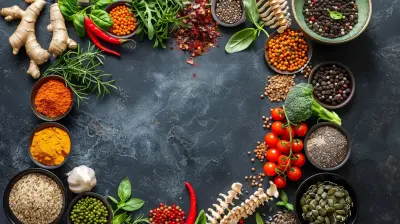Top Myths About Cholesterol Debunked
12 July 2025
We hear a lot about cholesterol, don’t we? It's almost like the boogeyman of modern health talk. But how much of what you "know" about cholesterol is actually true? If you've ever stared nervously at a bowl of eggs or sworn off butter thinking it’s the enemy – you’re not alone.
There’s a mountain of misinformation out there, and it's been building up for decades. So today, we’re going to bust the biggest cholesterol myths wide open. Grab your morning coffee (yes, you can have it) and get comfy—we’re diving into the truth behind cholesterol in plain ol’ human-speak.
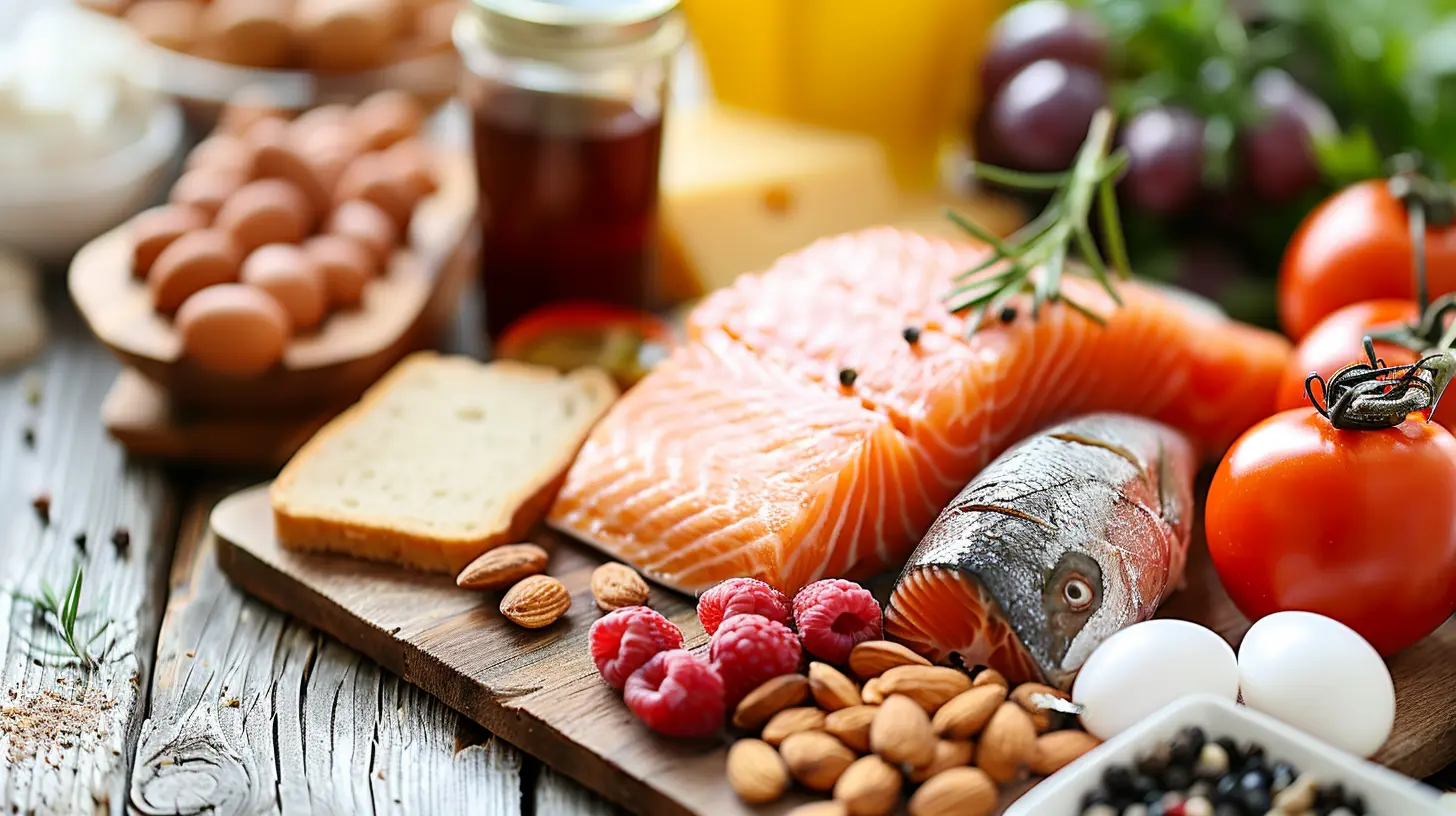
What Is Cholesterol, Anyway?
Before we go full myth-busters mode, let's clear up what cholesterol actually is.Cholesterol is a waxy, fat-like substance found in every cell of your body. It’s not some villain lurking in your bloodstream—it’s essential for making hormones, vitamin D, and substances that help you digest food. Surprised? Most people are.
Here's the kicker: your liver makes all the cholesterol your body needs. The rest comes from the food you eat, like meat, dairy, and eggs.
Now that we know the basics, let’s start busting some myths, shall we?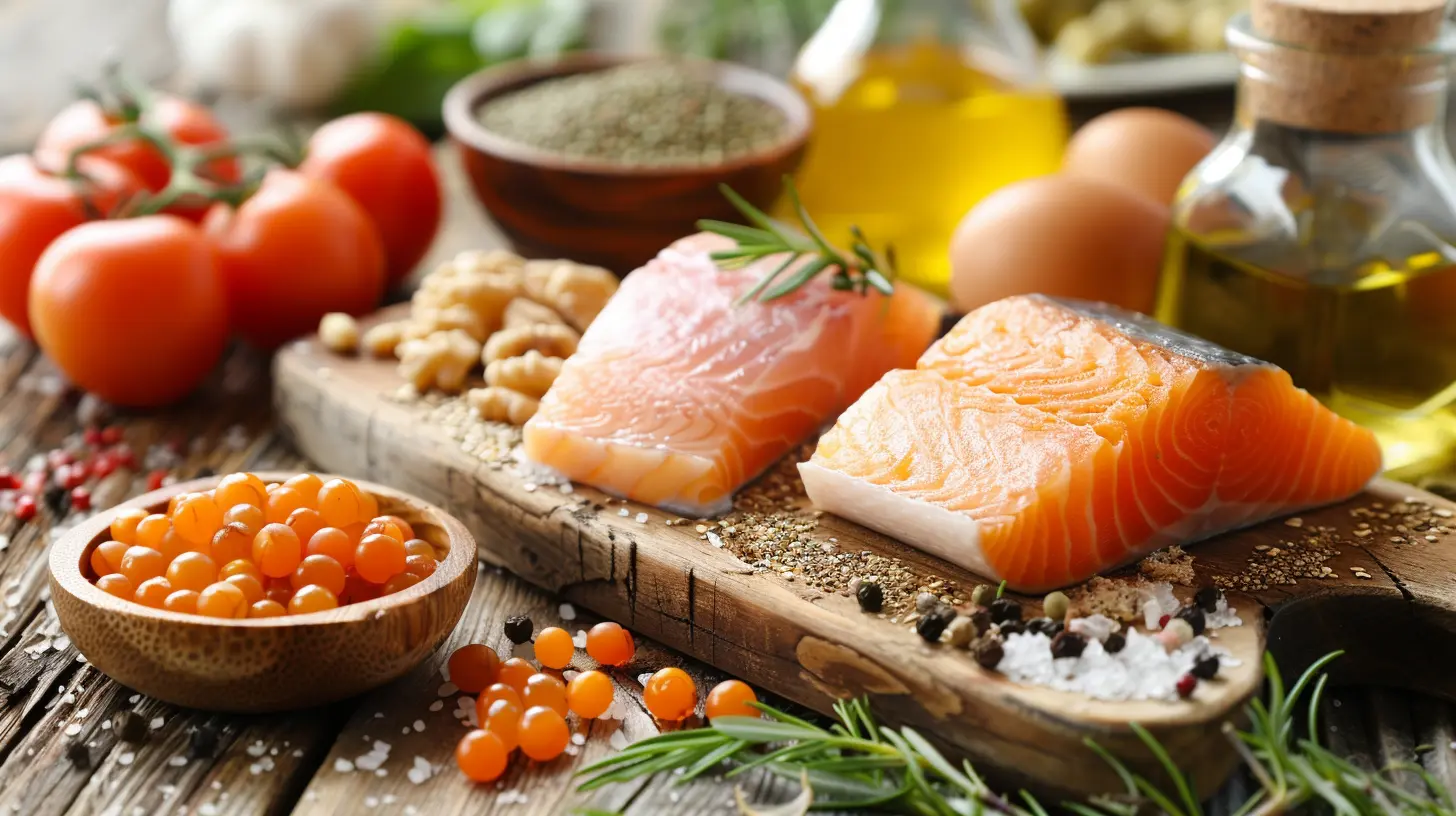
Myth #1: All Cholesterol Is Bad
Let’s get this one out of the way right off the bat. Cholesterol often gets lumped into a one-size-fits-all category of "bad," but that’s just not accurate.The Truth
There are two main types of cholesterol:- LDL (Low-Density Lipoprotein) – This is often called "bad" cholesterol, but the truth is a bit more nuanced. If LDL levels get too high, it can build up in your artery walls, increasing your risk for heart disease and stroke.
- HDL (High-Density Lipoprotein) – This is your “good” cholesterol. HDL helps remove excess cholesterol from your bloodstream and takes it back to your liver to be broken down.
So, not only is cholesterol not inherently bad—it can actually be life-saving when it’s doing its job right.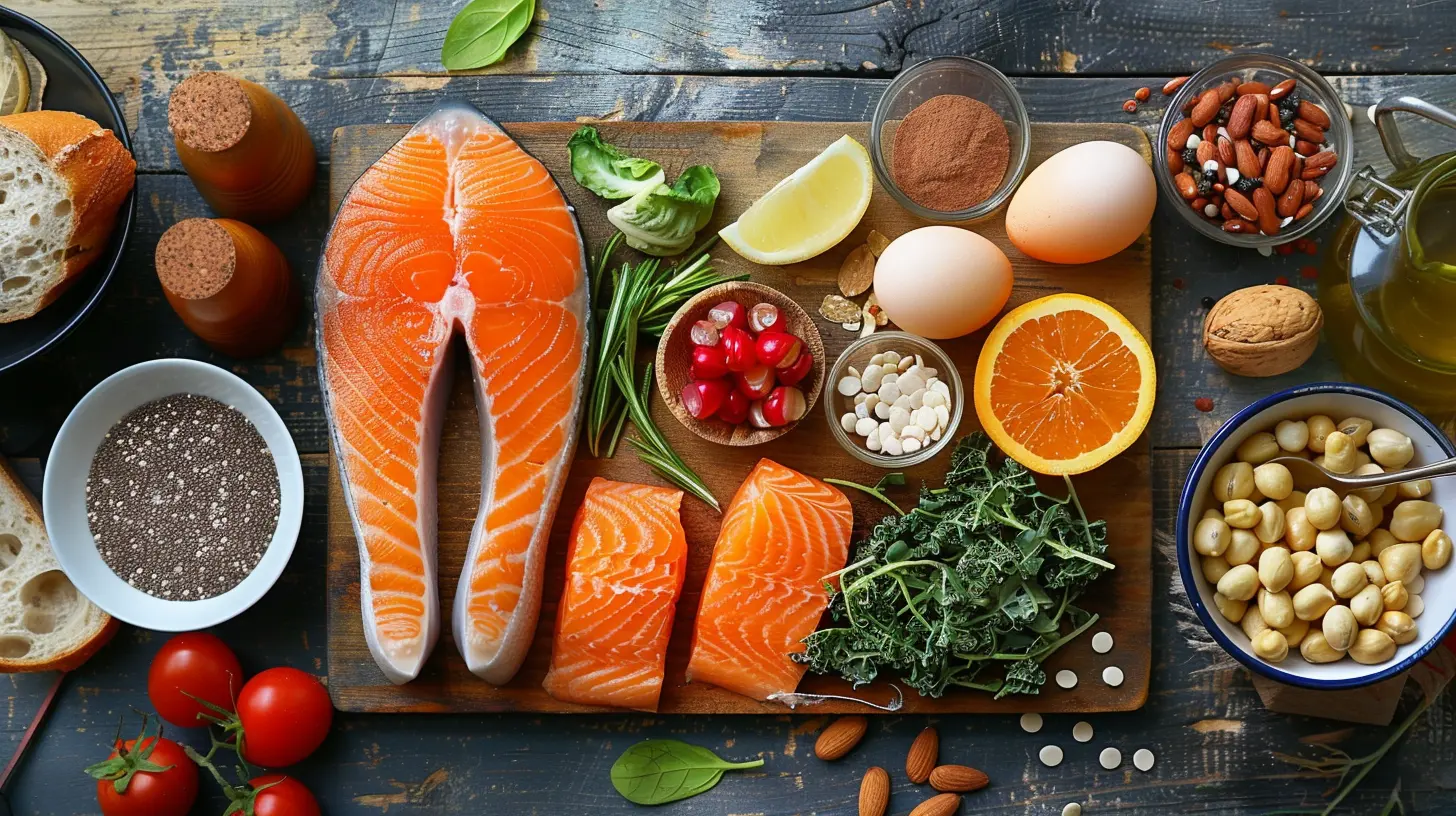
Myth #2: Eating Cholesterol-Rich Foods Raises Your Blood Cholesterol
Ah yes, the old "ditch the eggs" advice. For years, people were told to avoid foods like eggs, shrimp, and liver because they were high in dietary cholesterol.The Truth
Recent research has turned this idea on its head. For most people, dietary cholesterol has little effect on blood cholesterol levels. The real culprits? Saturated fats, trans fats, and added sugars.So yes, go ahead and have that omelet. Eggs are actually loaded with nutrients and not the villains we once thought they were.
> Fun fact: Your liver has a built-in feedback loop. When you eat more cholesterol, it produces less to balance things out. Pretty smart, huh?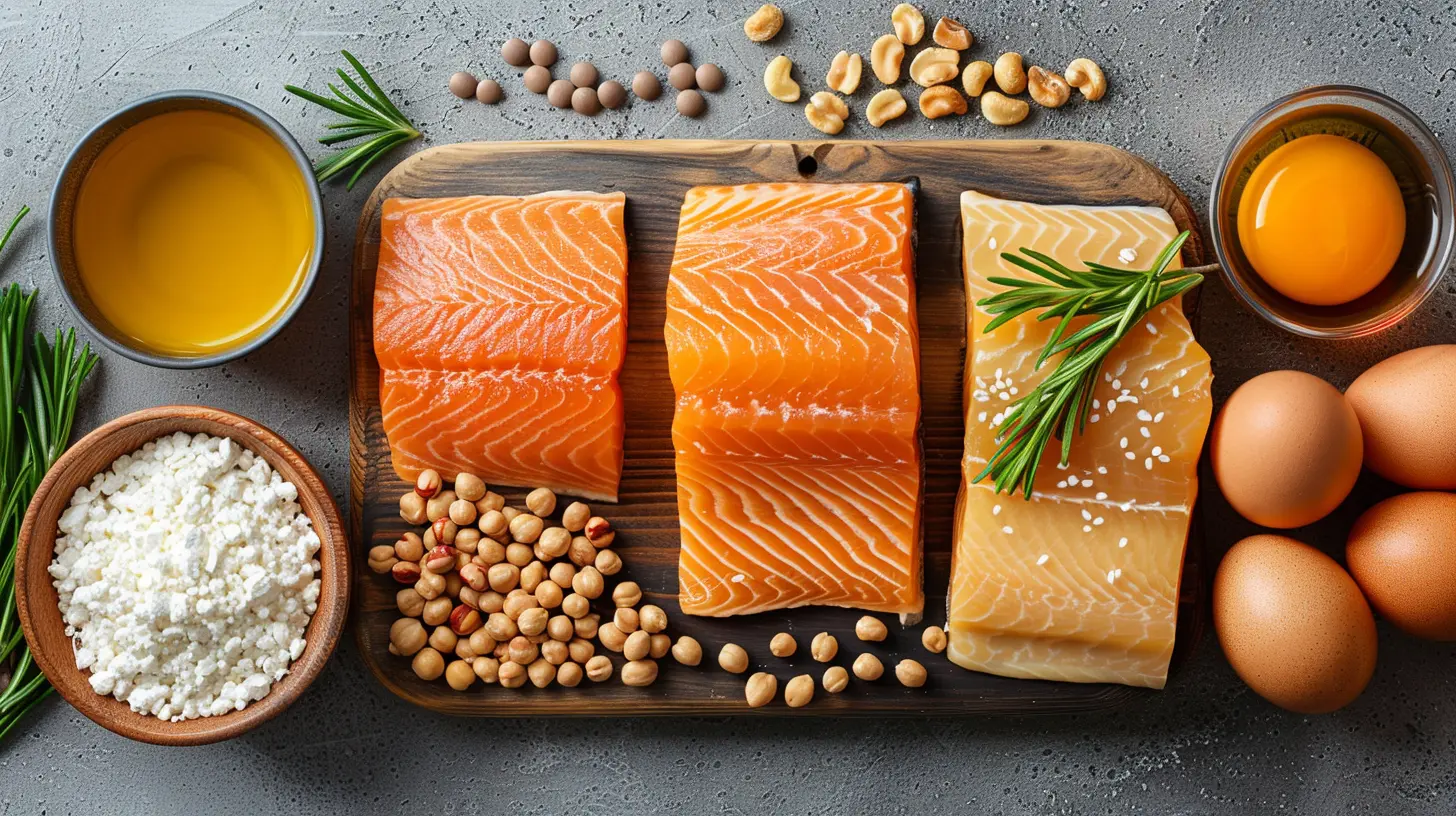
Myth #3: High Cholesterol Always Equals Heart Disease
This one makes people panic. You get a blood test, see your cholesterol is a bit high, and suddenly you're envisioning clogged arteries and heart attacks. But hang on—it's not that black and white.The Truth
High cholesterol can raise your risk for heart disease, but it's far from the only factor. Genetics, lifestyle habits, smoking, blood pressure, and inflammation play major roles too. Some people with high cholesterol never develop heart problems, while others with "normal" cholesterol levels might.It’s all about looking at the whole picture, not just one number on a lab test.
Myth #4: Skinny People Don’t Have to Worry About Cholesterol
Let’s bust this dangerous myth right now. Many people think that if you’re thin, you’re automatically heart-healthy. But appearances don’t always match what’s going on inside.The Truth
Even if you’re not overweight, you can still have high cholesterol. It's called being "skinny fat"—where your body might look trim, but your internal health says otherwise.Your cholesterol levels are influenced by diet, genetics, exercise habits, and even stress, regardless of your size. So yes, even your fit-looking friend who lives on fast food might need to check their numbers.
Myth #5: Medication Is the Only Way to Lower Cholesterol
Statins and other cholesterol-lowering drugs are common, and they can be life-saving in some cases. But the idea that meds are the only solution? Not true.The Truth
Lifestyle changes can make a huge difference—sometimes even more than medication, especially if your cholesterol levels are only slightly elevated.Things like:
- Eating more fiber (think oats, beans, fruits)
- Exercising regularly
- Reducing saturated and trans fats
- Quitting smoking
- Cutting back on alcohol
These changes not only help your cholesterol but improve your overall health. In fact, doctors often recommend trying lifestyle changes first before jumping straight to medication.
Myth #6: You Should Aim for Cholesterol Levels As Low As Possible
More isn’t always better, and neither is less. We’ve been taught to fear high cholesterol so much that some people now think lower = healthier. Well, not necessarily.The Truth
Your body needs cholesterol to function. If your levels dip too low—especially HDL—it can signal problems like malnutrition or even certain types of cancer. Extremely low cholesterol has also been linked to depression and anxiety.The key is balance. You don't want sky-high LDL, but you also don’t want to wipe out all cholesterol from your system.
Myth #7: Kids Don’t Need to Worry About Cholesterol
"Let them eat whatever—they're young!" If you’re a parent, you’ve probably heard this before. But the seeds of heart disease are often sown early in life.The Truth
Kids absolutely can have high cholesterol, especially if they eat ultra-processed foods regularly or have a family history of heart issues. In fact, some guidelines recommend that children have their cholesterol checked between ages 9 and 11.Teaching healthy eating habits from a young age helps set them up for long-term cardiovascular health. So yes, kids should care about cholesterol too!
Myth #8: If You Feel Fine, Your Cholesterol Must Be Fine
This is one of the most dangerous myths of all.The Truth
High cholesterol is sneaky—it rarely causes symptoms. You could feel perfectly fine and still have dangerously high LDL levels.That’s why regular check-ups are so important. Don’t wait for a heart-related scare to find out your cholesterol’s off the charts. Think of it like car maintenance. You wouldn’t wait for your engine to explode before changing the oil, right?
Myth #9: Plant-Based Diets Eliminate Cholesterol Problems
Switching to a vegetarian or vegan diet can be fantastic for your health, but it’s not a magic cholesterol eraser.The Truth
Plant-based diets tend to be lower in saturated fats and cholesterol, sure. But not all plant foods are healthy.You can still eat processed plant-based junk that spikes your blood sugar and messes with your lipids (hello, vegan cookies). Plus, your body still makes its own cholesterol, remember?
Eating a wholesome, balanced plant-based diet can support healthy cholesterol levels, but it’s not an automatic fix.
Myth #10: Coconut Oil Is a Heart-Healthy Superfood
Coconut oil has had a glow-up over the past decade. Wellness influencers are adding it to smoothies, coffee, even skincare routines. But is it really the heart-healthy miracle it’s cracked up to be?The Truth
Coconut oil is high in saturated fat—one tablespoon contains more than 11 grams of it. While some studies suggest it may raise HDL (good) cholesterol, others show it also raises LDL (not so good).Most health experts agree: use coconut oil in moderation. It's not the devil, but it’s not exactly olive oil either.
What You Can Do About Cholesterol
Now that we've separated fact from fiction, what’s the takeaway?Here’s a simple cheat sheet:
- Eat more fiber, especially from fruits, veggies, and whole grains.
- Limit trans and saturated fats (think fried foods and processed snacks).
- Exercise regularly – even a brisk walk works wonders.
- Get routine blood work – knowledge is power.
- Don’t fear all fats – avocado, olive oil, and nuts are your friends.
- Talk to your doctor before starting meds or supplements.
Cholesterol is complex, but your approach to managing it doesn’t have to be. Think of your body like a high-performance car—it needs the right fuel and regular tune-ups. Give it those, and it'll run smoothly for years to come.
Final Thoughts
There’s a lot of outdated (and frankly misleading) info floating around about cholesterol. Hopefully, this article helped clear things up and arm you with real, practical knowledge you can use.Remember, your health journey is yours, and it’s okay to ask questions, challenge old beliefs, and make changes at your own pace.
So next time someone tells you eggs are evil or coconut oil is the holy grail of heart health, you’ll know better—and maybe even pass along the truth.
### Here’s to making smart choices, living fully, and not falling for health myths that belong in the past.
all images in this post were generated using AI tools
Category:
CholesterolAuthor:

Sophia Wyatt
Discussion
rate this article
1 comments
Sonya Cantu
Great read! It's refreshing to learn the truth about cholesterol. Knowledge is power—let’s embrace a balanced approach to health and keep those myths at bay! 🌟
July 30, 2025 at 3:14 AM

Sophia Wyatt
Thank you for your kind words! I'm glad you found the article enlightening. Embracing accurate information is key to our health. 🌟

